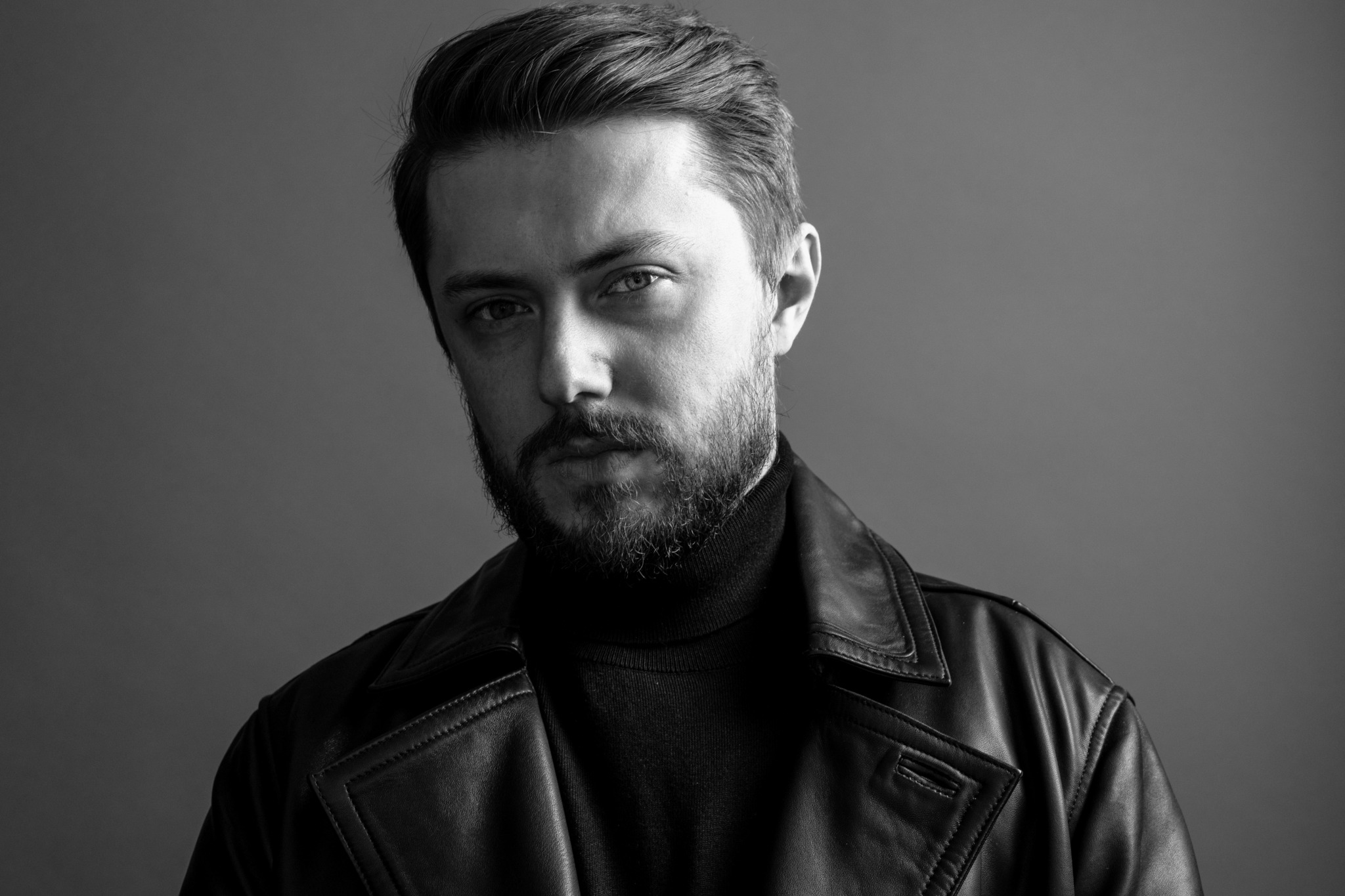We’re excited to introduce you to the always interesting and insightful Samuel Church. We hope you’ll enjoy our conversation with Samuel below.
Samuel, appreciate you joining us today. Was there an experience or lesson you learned at a previous job that’s benefited your career afterwards?
Right out of film school, I landed what I then thought was my dream job: working as the personal assistant to an Oscar-winning film director. At first, it had all the glitter and trappings you’d expect from such a role. I was already brushing elbows with celebrities, getting a real peek at the craft I’d only heard about in classrooms, and everyone was parroting in my ear that I’d made it through the door — now I just had to follow through, and I’d find my way.
Well, if only life were that easy. This dream job quickly descended into a living hell. Peculiarities that initially seemed merely odd — for example, I had to unpack the director’s backpack each morning and arrange its contents in a perfectly straight line, which he would check with a ruler — only became more exaggerated and bizarre as time went on. Before long, I was being screamed at daily and berated, and three months into the job, I still hadn’t received a single paycheck. I was constantly assured by others in the office that it was on the way; I just had to be patient.
Well, that check never came. And the next film production jobs I took on also led nowhere. I was working on sets where 20 hour days, 6 days a week were the norm. Where I wasn’t allowed to sit, and a film degree meant I could go scrub toilets. On one particularly bad, big budget movie set, a co-worker actually fell over dead while working in the Georgia summer heat. I was in a dead end job, literally. I came to the realization that if you want any sliver of success in the creative world, you have to carve out a door yourself — because for most of us, no one is going to open one.

Awesome – so before we get into the rest of our questions, can you briefly introduce yourself to our readers.
I’m an author, TV producer, and filmmaker — and like most people in these jobs, it’s been a weird road to get here. I was born and raised in Germany and moved to the U.S. as a teenager after my father ran off and my grandparents sent me to a private school in Florida. Anyone who knows me knows that would be the absolute last place I’d want to be. I was a fish out of water whose dad had just disappeared, suddenly surrounded by rich kids with boats and fancy cars. I was a wreck, and I took to sketching, writing, and daydreaming as a way to escape it.
Eventually, I moved to New York City for film school, explored jobs in both film and TV, and spent about a decade working in paranormal reality TV — exploring some of the most haunted places in the world and meeting quirky, bizarre characters along the way. Somewhere along the line, after many crazy jobs, I realized I needed to carve out my own path. So I wrote my first horror novel, Engelstatt, inspired by my upbringing in Germany, where I was surrounded by people who had lived through World War II. I’m often contacted by readers the book has resonated with, and it’s one of the best feelings in the world.
I’m now writing another horror novel and am also writing and producing an unannounced TV series with a co-producer I met back in film school, which I’m incredibly excited about. Overall, I’d say anything I create is infused with a bit of the strangeness and spookiness of my life — growing up in old houses in Europe, having a mom that owns an oddities shop, working in the paranormal — all of it feeds into my writing and art.
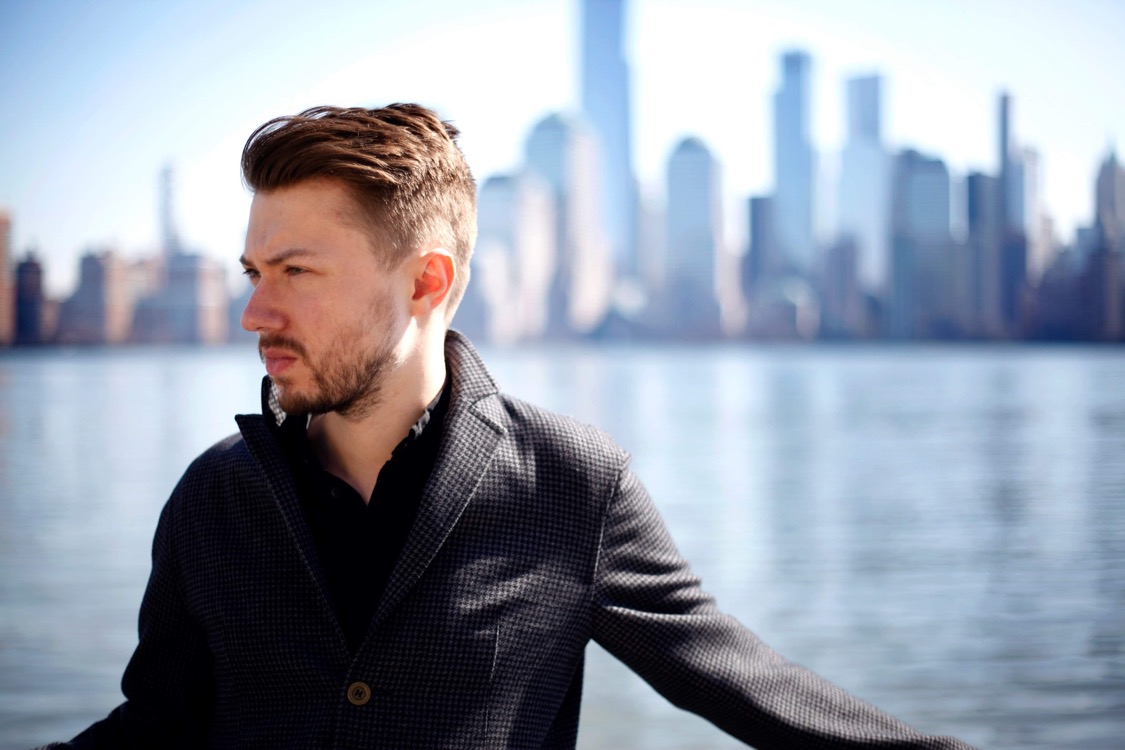
For you, what’s the most rewarding aspect of being a creative?
For me, connection is the best part of being an artist. In my day-to-day life, I sometimes struggle to connect with people. Living in New York City, surrounded by crowds, you can start to feel detached from others — and even when you try to connect, everyone’s glued to a screen. As a writer, releasing a book initially feels like sending something deeply personal out into the void, unsure if anyone will see it or care.
But then, connection happens. Actual people read your work, interact with it, and something real forms between you. It’s a surreal, wonderful thing. I’ve had readers send me photos from mountain towns in Austria, places they visited just because my book inspired them to go. To know that something I created sparked real experiences and memories like that — it’s magical.
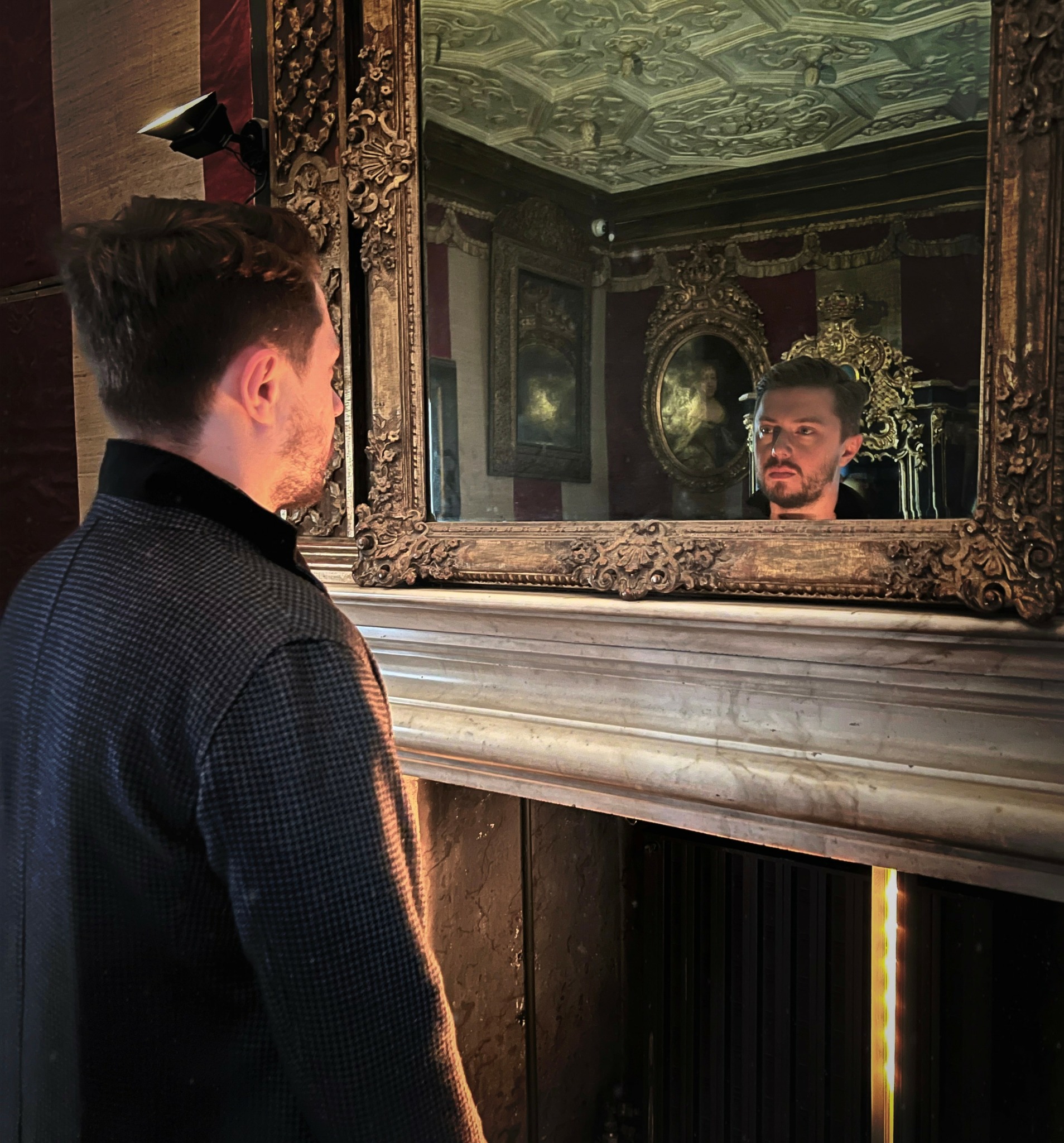
How about pivoting – can you share the story of a time you’ve had to pivot?
I’ve had to pivot to survive countless times working in the film industry. With constant layoffs and the rise of AI, you have to stay adaptable. I’m used to jumping between freelance gigs and trying on new hats. At one point, I even ended up working in legal at Google — a completely alien experience compared to working on TV ghost-hunting shows. And of course, the layoffs came there too. It can sometimes feel like jumping from one sinking ship to another. There’s no real security in these kinds of jobs, especially in the U.S., where worker protections are practically nonexistent. It’s yet another reason why you have to carve out your own path.
Contact Info:
- Website: https://www.samuel.church/
- Facebook: https://www.facebook.com/samuelchurch33
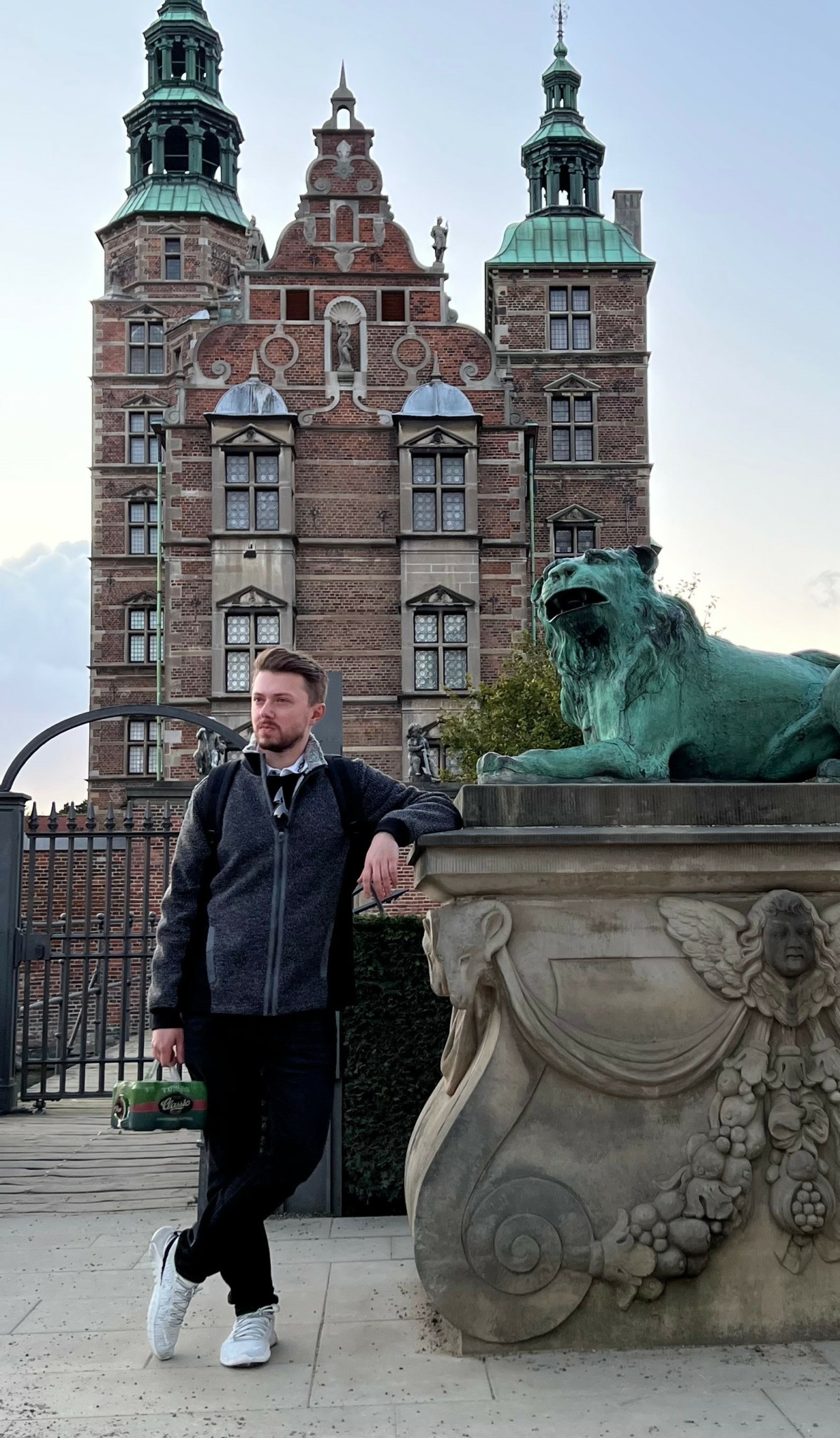
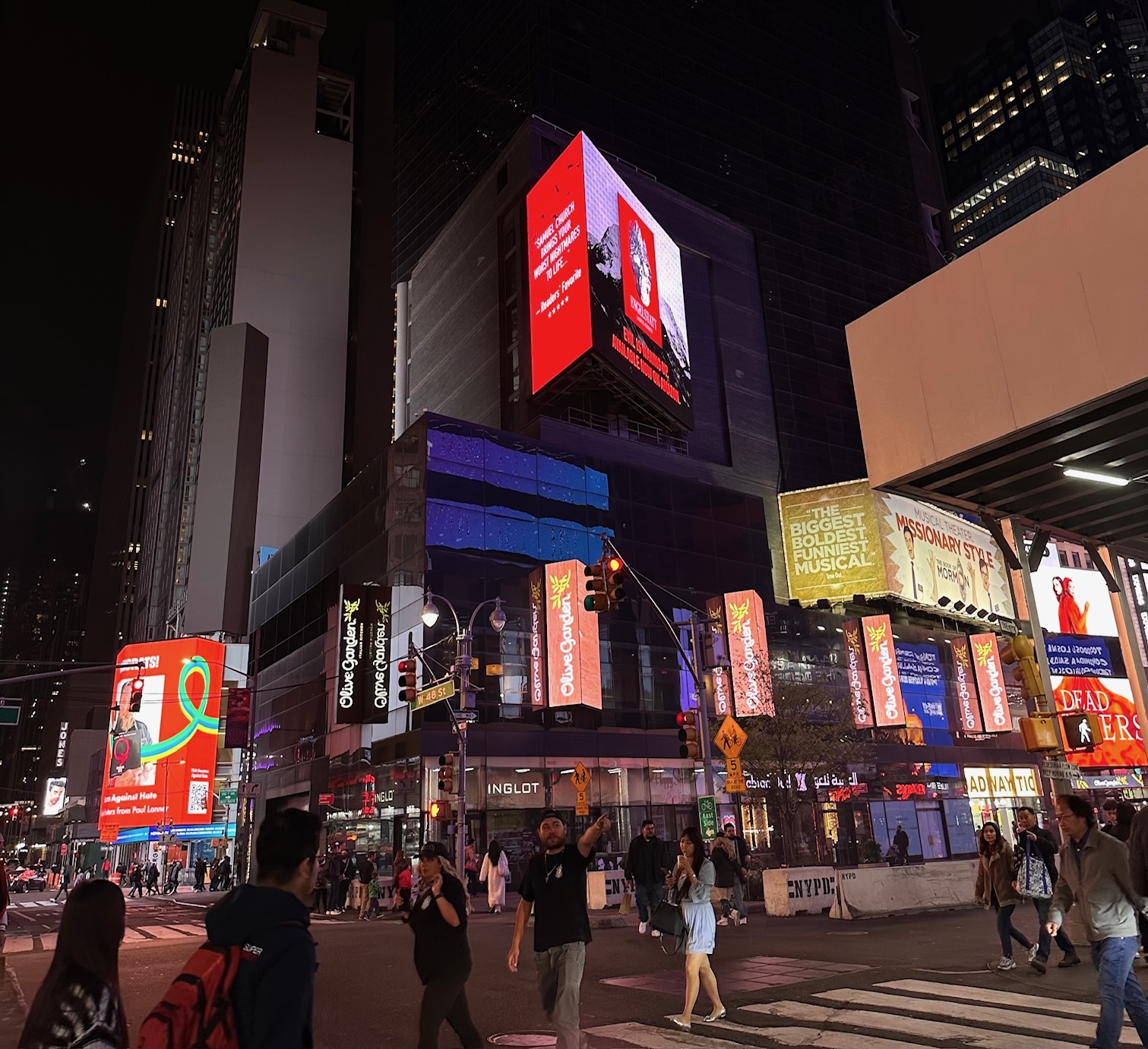
Image Credits
Shuhei Kinoshita


